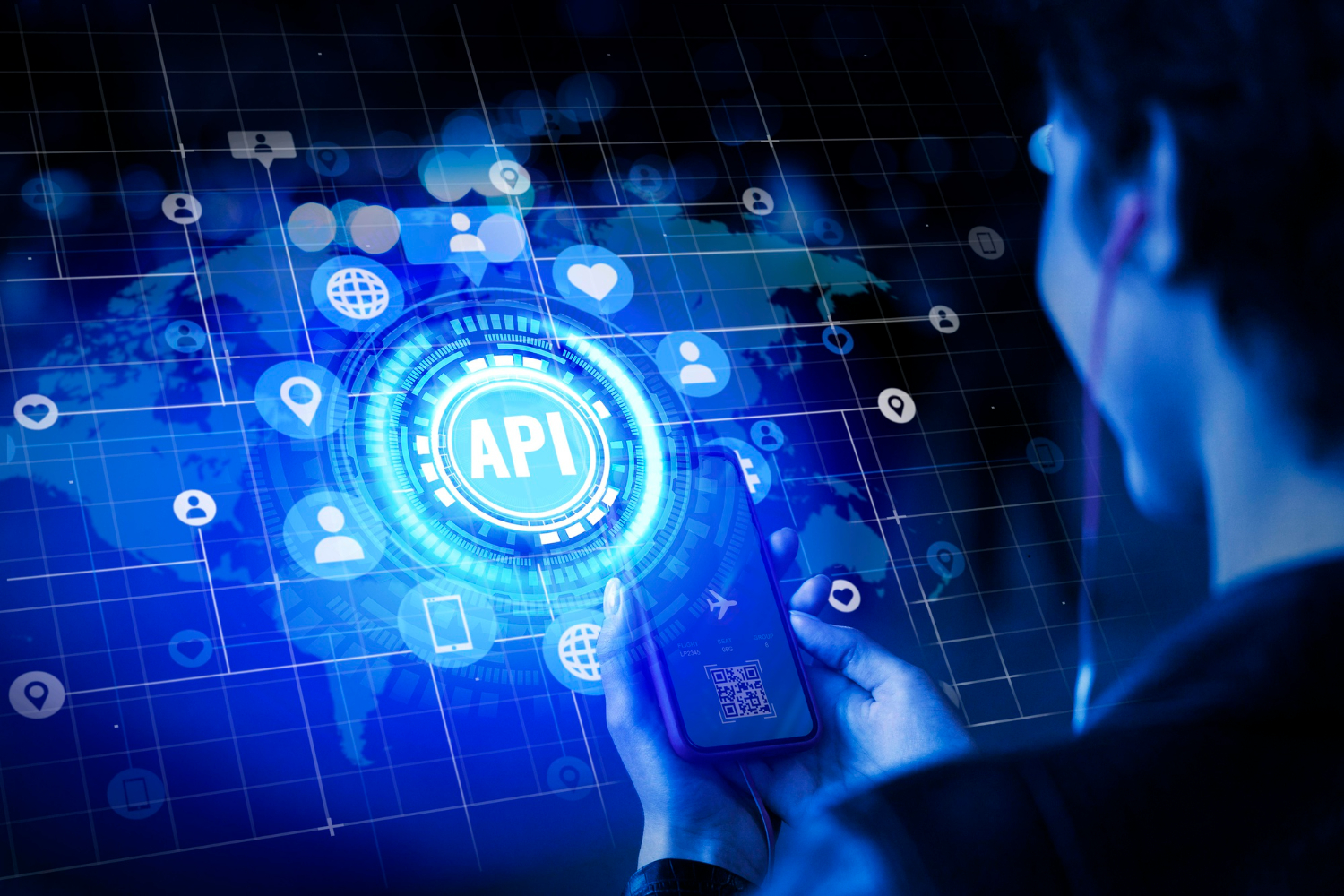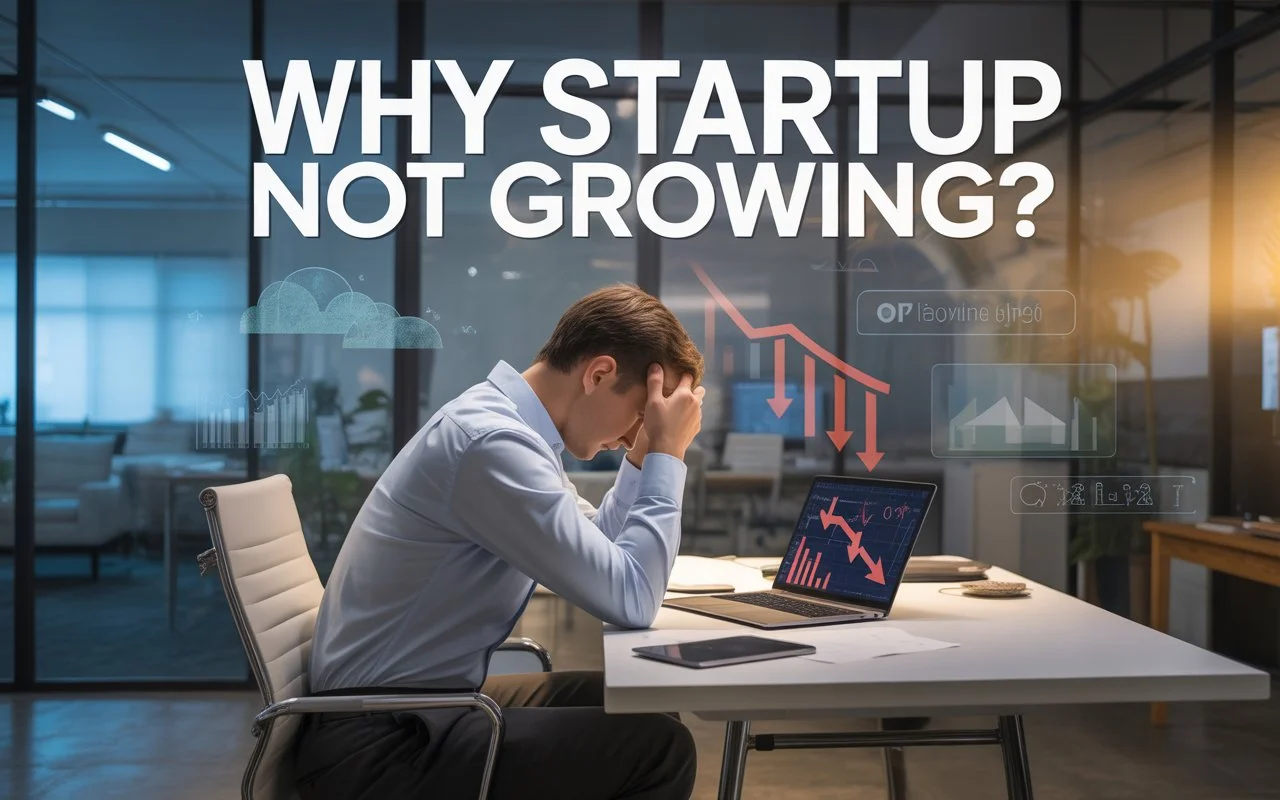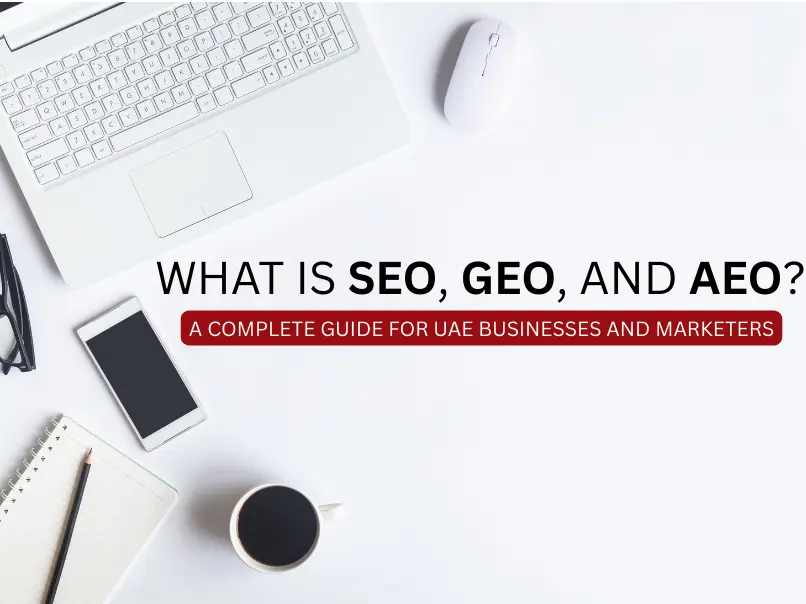WhatsApp Business API: How It Works and Why Your Business Needs It
Last updated on August 14, 2025
Today’s customers want quick replies, personal attention, and a smooth experience. If a business doesn’t provide that, customers often move to competitors who do.
This is where the WhatsApp Business API comes in—a smart and powerful way to connect with customers using the world’s most popular messaging app. If you’ve been wondering what the WhatsApp API is and how it can help your business, here’s a simple guide.
What is the WhatsApp Business API?
The WhatsApp Business API is an advanced communication solution provided by WhatsApp for medium and large businesses. Unlike the free WhatsApp Business App that’s designed for small businesses, the API is built to handle high volumes of messages, integrate with customer relationship management (CRM) systems, and automate communication.
It’s not an app you can download from the Play Store or App Store—instead, it’s an interface that allows your business software to send and receive messages through WhatsApp. This gives you the power to communicate with thousands of customers in real time, securely and efficiently.
At Wonestop, help businesses unlock the full potential of the WhatsApp API so they can engage customers faster and more effectively.
How WhatsApp Business API Works
The WhatsApp API acts as a bridge between your business systems and the WhatsApp platform. Here’s how it works step-by-step:
1. API Integration
Your CRM, helpdesk software, e-commerce platform, or marketing tools can all be integrated with the WhatsApp API. This connection allows you to send and receive messages without manually using the mobile app.
2. Message Templates
WhatsApp has a rule—businesses can’t send promotional messages to customers without their consent. The API uses pre-approved message templates for notifications, alerts, order updates, and reminders. For example:
“Your order #1234 has been shipped.”
“Your appointment is confirmed for 4:00 PM tomorrow.”
3. Customer-Initiated Conversations
If a customer sends you a message first, you can freely reply within a 24-hour window using any format—text, images, videos, or documents.
4. Security and Encryption
All messages sent through the WhatsApp Business API are end-to-end encrypted. This means only you and your customer can see the content, ensuring privacy and trust.
5. Automation
With the API, you can set up automated responses, chatbots, and ticket-routing systems. For example, when a client asks, “What are your business hours? The machine can respond immediately without human assistance.
Why Your Business Needs WhatsApp Business API
The WhatsApp API isn’t just about sending messages—it’s about transforming the way you communicate with customers. Here’s why it’s essential:
1. Reach Customers Where They Are
WhatsApp has over 2.7 billion users worldwide. Chances are, your customers are already using it daily. The API lets you meet them on a platform they trust and use regularly.
2. Instant Communication
Emails can go unread for days, but WhatsApp messages have an open rate of over 98%. With the API, you can send instant updates, confirmations, and alerts directly to your customers’ phones.
3. Build Trust and Personalization
You can send personalized messages, address customers by name, and offer tailored recommendations—making them feel valued and increasing loyalty.
4. Improve Customer Support
Integrating the WhatsApp Business API with your customer service tools ensures every query is answered quickly. You can:
- Route messages to the right team.
- Track conversation history.
- Resolve issues faster.
5. Automate Routine Tasks
From sending invoices to confirming bookings, the API can handle repetitive tasks, freeing your team to focus on complex customer needs.
6. Global Reach
The WhatsApp API’s worldwide assistance lets you interact with clients from around the world without any issues.
Examples of WhatsApp Business API in Action
Businesses across industries are using the WhatsApp API to improve communication. Here are some real-world scenarios:
E-Commerce: Notify customers of deliveries, shipping updates, and order confirmations.
Healthcare: Send appointment reminders and lab results.
Travel Agencies: Provide e-tickets, boarding passes, and itinerary updates.
Banks: Send transaction alerts, payment reminders, and fraud warnings.
Education: Share class schedules, exam results, and fee payment updates.
How to Get Started with WhatsApp Business API
Unlike the regular WhatsApp Business app, you can’t just sign up instantly. Here’s the process in simple steps:
Choose a WhatsApp Business Solution Provider (BSP)—These are authorized companies like Wonestop that help set up and manage your API access.
Verify Your Business on Facebook Business Manager—This ensures your brand is legitimate.
Get a WhatsApp Business Number—This will be used exclusively for API communication.
Integrate with Your Systems – Connect the API with your CRM, website, or software tools.
Set Up Message Templates and Automation—Create customer-friendly templates for faster communication.
Best Practices for Using WhatsApp Business API
To make the most of the WhatsApp API, follow these tips:
Get Customer Consent—Always ensure people have opted in to receive messages from you.
Keep it relevant—send useful updates, not spam.
Use Rich Media – Add images, videos, and documents to make messages engaging.
Respond Quickly – Customers expect fast replies on WhatsApp.
Track and Improve – Monitor your message delivery, open rates, and customer satisfaction.
Conclusion
The WhatsApp Business API is more than just a messaging tool—it’s a customer engagement powerhouse. By integrating it into your business, you can provide instant support, automate repetitive tasks, send timely updates, and build stronger relationships with customers.
Speed and modification are crucial in today’s competitive industry. The WhatsApp API allows you to deliver both, helping you stand out from the competition and keep customers coming back.
If your business values quick communication, trust, and customer satisfaction, then it’s time to explore what the WhatsApp Business API can do for you.
August 14, 2025



